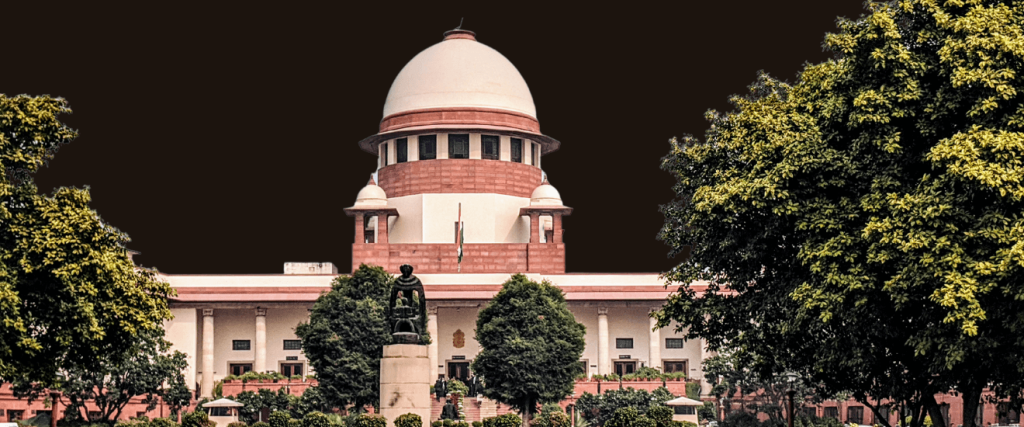Syllabus GS 2: Separation of powers between various organs dispute redressal mechanisms and institutions
Context:
Recently, the Supreme Court in Nandini Sundar vs. State of Chhattisgarh held that law passed by Chhattisgarh after its order is not contempt of court.
More on the News
- The Supreme Court clarified that even if a state legislature enacts a law after a court order, it is not contempt of court as long as the law is within its constitutional authority and doesn’t violate existing judgments.
- This judgment shows the limits of court review over laws made by legislatures.
- It showcased support to the idea that different branches of government must respect each other’s roles in Indian democracy.
Background of the case
- In 2011, the Supreme Court ordered Chhattisgarh to stop using Special Police Officers (SPOs) and to take back all their weapons.
Article 14 guarantees equality before the law and prohibits arbitrary discrimination by the State.
Article 21 protects the right to life and personal liberty, including rights like privacy, dignity, and a clean environment.
- It asked the state to stop groups like Salwa Judum and Koya Commandos and told the Union Government to stop funding SPO recruitment for anti-Maoist activities.
- The Court said using poorly trained and low-paid SPOs violates the right to equality (Article 14) and the right to life (Article 21).
Legislative Response by Chhattisgarh
- After the Supreme Court’s 2011 order, Chhattisgarh passed a new law to form the Auxiliary Armed Police Force to support regular security forces in fighting Maoist violence.
- The law said the auxiliary force members must get at least six months of training and cannot be sent to front-line combat.
- They must work under supervision of regular forces. Only eligible SPOs were selected through a screening process.
- Section 4(1) authorises auxiliary forces to assist regular security forces in non-frontline roles only, preventing their deployment in direct combat
- Section 5(2) reinforces this by explicitly stating that auxiliary personnel must not be placed in frontline positions and must operate under supervision
- Petitioners argued that this law went against the Supreme Court’s original order and claimed it amounted to contempt of court.
Supreme Court Verdict
- The Supreme Court dismissed the contempt allegations on the following grounds.
- The Supreme Court noted that Chhattisgarh had followed all its earlier directions and submitted the required reports.
- The Court explained that a state legislature has full power to make laws as long as they follow the Constitution. Making a new law does not amount to contempt of court.
- Referring to the Indian Aluminium Co. vs State of Kerala case, the Court said that laws can only be challenged if they violate the Constitution or go beyond the powers of the legislature.
- This upholds the separation of powers among the legislature, executive, and judiciary.
Mains Practice Question:
The doctrine of separation of powers plays a crucial role in maintaining constitutional balance among the three organs of the State. In light of the Supreme Court’s observations in the Chhattisgarh Auxiliary Police case, critically examine the limits of judicial review over legislative action. (15M,250W)

